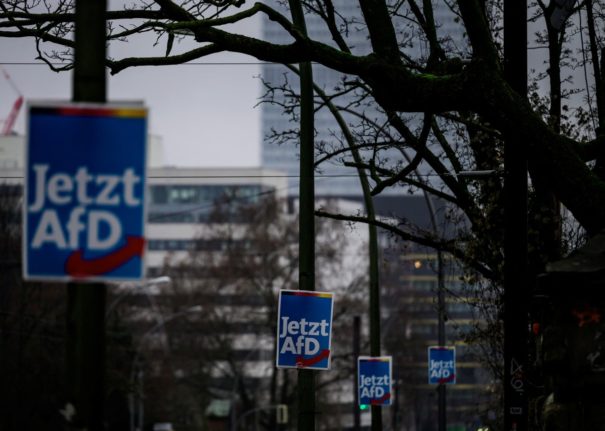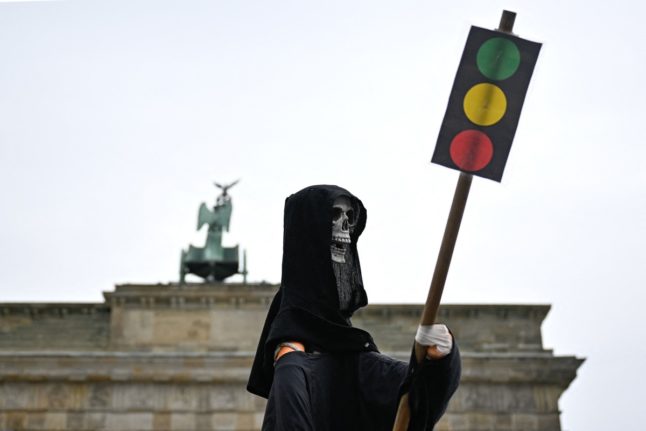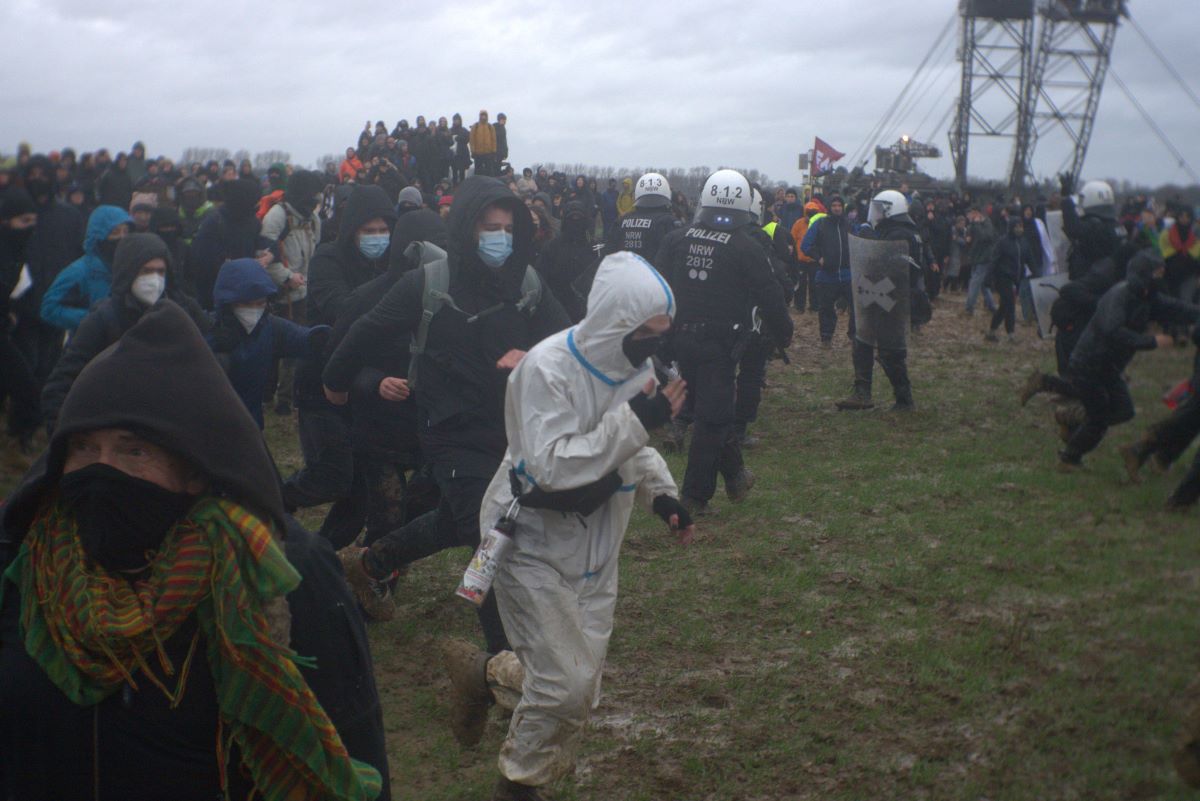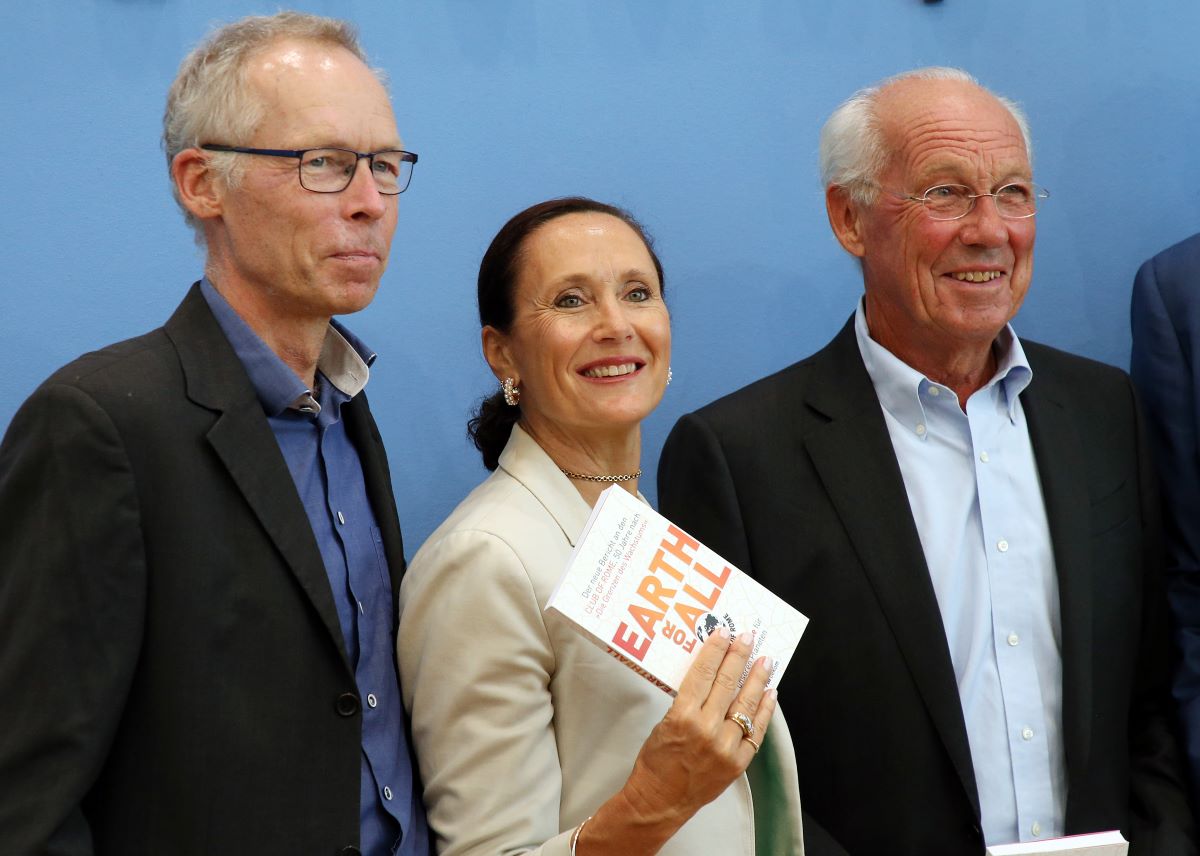Over a million people have joined marches in cities from Hamburg to Dresden to Stuttgart in protest at the Alternative for Germany party over the last days and tens of thousands poured into the streets again on Saturday.
The wave of mobilisation was sparked by a January 10 report by investigative outlet Correctiv, which revealed that AfD members had discussed the expulsion of immigrants and “non-assimilated citizens” at a Potsdam meeting with extremists.
Sunday’s run-off vote in eastern Thuringia for a district administrator post is the first election since the outrage over the Potsdam meeting. The vote in the Saale-Orla district — in a state that is one of the AfD’s strongholds — pits the party’s Uwe Thrum against the conservative CDU’s Christian Herrgott.
Thrum came in top with 45.7 percent while Herrgott obtained only 33.3 percent in the first round.
If Thrum prevails, it would notch up yet another victory for the AfD, which last June secured its first district administrator position, also in Thuringia, and its first town mayor in July in neighbouring Saxony-Anhalt.
READ ALSO: Tens of thousands flood protests against far right in Germany
‘Never again’
Nationwide opinion polls put the AfD in second place after the conservatives, and well above Chancellor Olaf Scholz’s Social Democrats.
A first poll since the protest wave showed the anti-immigration party slipping 1.5 percent in support so far. But the far-right party still tops surveys in three eastern states which are due to hold regional elections in September, even though local branches of the party in two of them — Saxony and Thuringia, have been classified as a “confirmed” extremist organisation by Germany’s domestic intelligence agency.
The classification gives the agency more powers to monitor the groups, and had been accorded because of the AfD’s efforts to undermine democracy and
anti-immigrant rhetoric.
In his regular video address published on Saturday, Scholz for the second week in a row urged the population to stand up against extremists.
“‘Never again’ is not only directed at the state. ‘Never again’ requires everyone’s vigilance. Our democracy is not God-given, it is man-made. It is strong when we support it. It needs us when it is attacked,” he said
Praising the over million people who have taken to the streets over the last two weeks, Scholz urged the population to “remain visible” against racism, misanthropy and anti-Semitism.





 Please whitelist us to continue reading.
Please whitelist us to continue reading.
Member comments